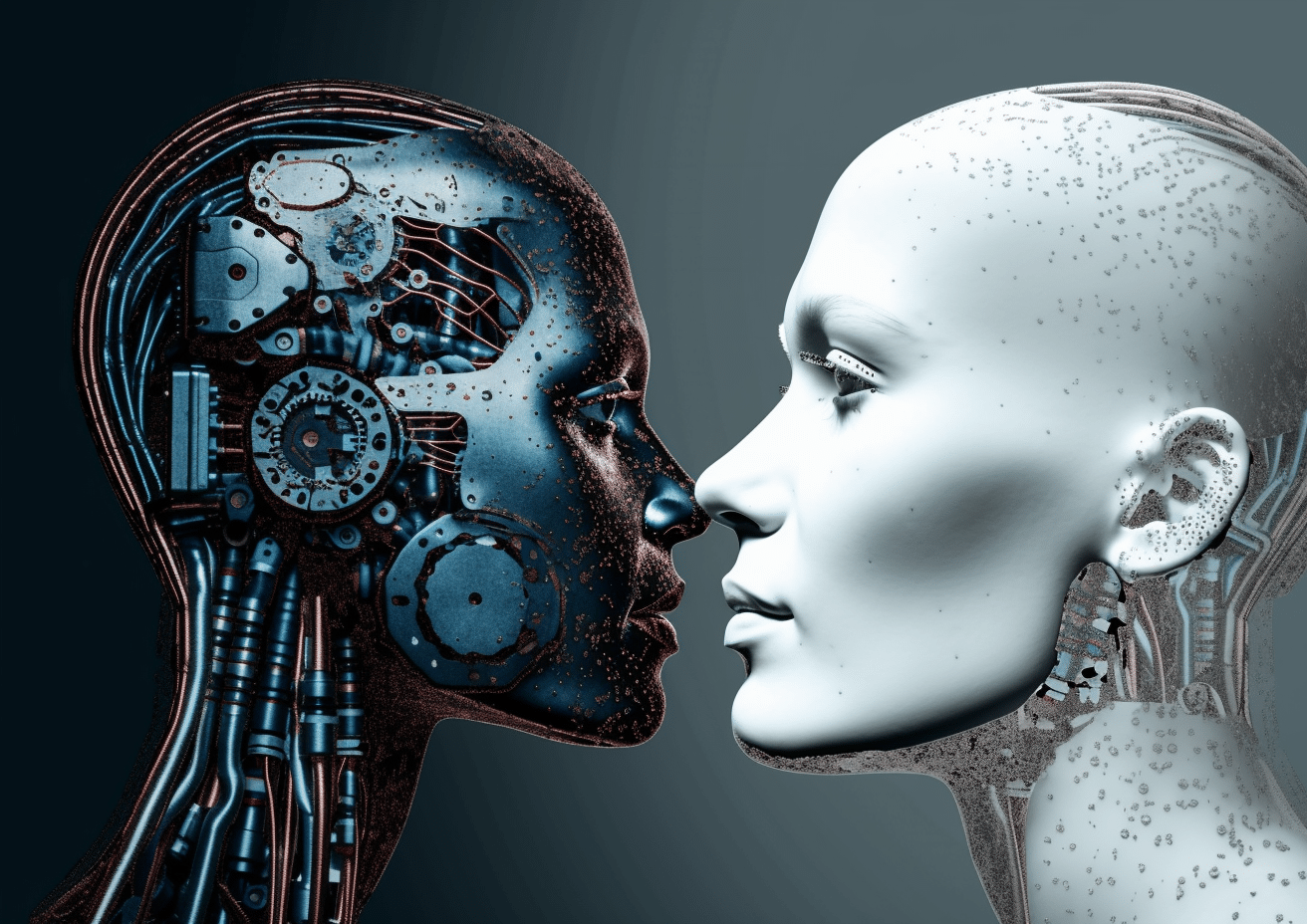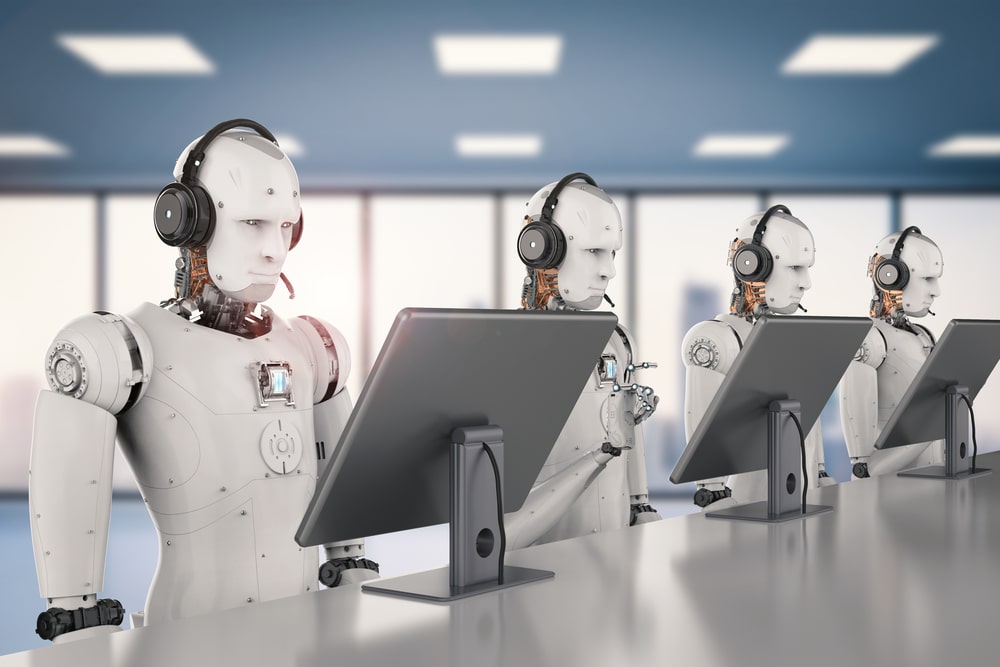
Protecting digital customer journeys from AI biases
Today, hundreds of millions of people use tools like ChatGPT to brainstorm ideas, or Midjourney to create new visuals. Artificial intelligence (AI) tools have become part-and-parcel of our daily lives and are propelling the arrival of a new digital era. We now work more efficiently, can better meet professional or creative challenges, and accelerate new innovation.
But AI now has much more intrinsic value than supporting our daily tasks. It is integral to powering our critical services and keeping society running, whether that’s facilitating loan agreements or providing key access to higher education, mobility platforms or medical care. Identity verification, fundamental to online access, was traditionally seen as a gateway to credit checks and opening a bank account, but thanks to AI it now supports services from healthcare to travel and eCommerce.

Understanding data bias when using AI or ML models
Artificial Intelligence (AI) and Machine Learning (ML) are more than just trending topics, they’ve been influencing our daily interactions for many years now. AI is already deeply embedded in our digital lives and these technologies are not about creating a futuristic world but enhancing our current one. When wielded correctly AI makes businesses more efficient, drives better decision making and creates more personalized customer experiences.
At the core of any AI system is data. This data trains AI, helping to make more informed decisions. However, as the saying goes, "garbage in, garbage out", which is a good reminder of the implications of biased data in general, and why it is important to recognize this from an AI and ML perspective.

Out of the shadows and into the light: Embracing responsible AI practices amid bias and hallucinations
The path to widespread AI is a bumpy one. While its potential to enhance consumer experiences and streamline business operations through personalization, autonomy, and decentralized reasoning is evident, the technology comes with inherent risks.
AI can produce conclusions that aren’t true, spread misinformation and in some cases, perpetuate existing biases. This -- the darker side of AI’s impact -- can leave business leaders facing financial, legal, and reputational damage.

Biometric bias and how to prevent it [Q&A]
As we move away from passwords to other forms of authentication, there's increasing reliance being placed on technologies like biometrics.
But there's growing evidence that this technology could be flawed, with facial recognition exhibiting higher error rates for those with darker skin for example. We spoke to Dr. Mohamed Lazzouni, CTO of Aware, to discuss the ethical issue of bias in biometrics and what needs to be done to prevent it.

90 percent of testing professionals are concerned about AI bias
A new survey of over 3,000 digital testing professionals reveals concerns about bias, copyright issues and privacy.
The study from testing specialist Applause shows that 90 percent of respondents expressed concern, with 25 percent 'very concerned' that bias may affect the accuracy, tone or relevance of the content produced by AI.

How do you know what's real and what's AI? [Q&A]
The world is increasingly buzzing with stories about AI generated content. Today when you contact a business you might equally well be talking to a bot as a human, but is it possible to spot AI generated content and should we be worried about it?
We spoke to Gaurav Kachhawa, chief product officer of conversational messaging platform Gupshup, to find out how to distinguish AI-generated content, as well as the ethics that surround its use.

Amid ChatGPT's rise to fame, how can enterprises work to eliminate AI bias?
Artificial intelligence continues to hog the headlines, as more people discover the power of tools like OpenAI’s DALL-E 2 and especially ChatGPT. These futuristic-seeming tools work by taking a human’s query or prompt and returning an intelligent textual or visual response.
From an enterprise perspective, AI adoption is growing rapidly. According to Forrester, spending on AI software is set to accelerate from $33 billion in 2021 to $64 billion in 2025 -- growing twice as fast as the overall software market. But while tools like ChatGPT may seem like magic, it’s important to understand these solutions aren’t perfect.
